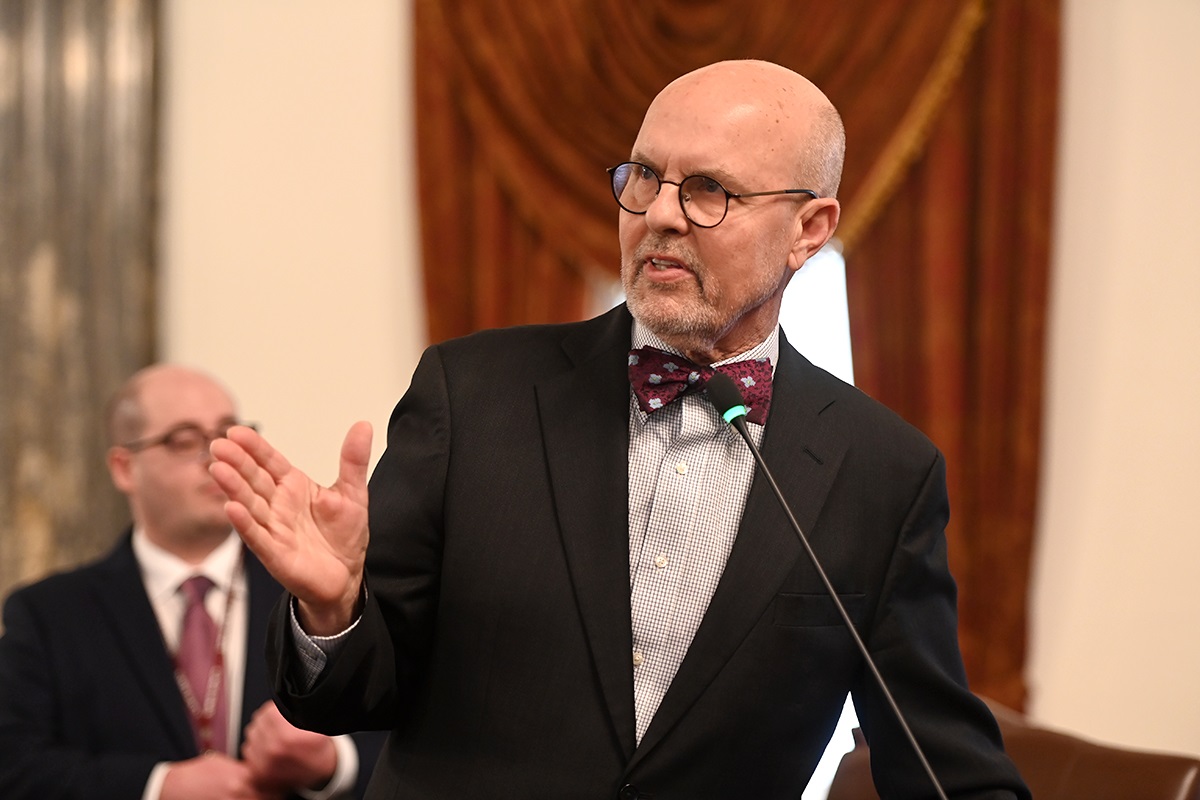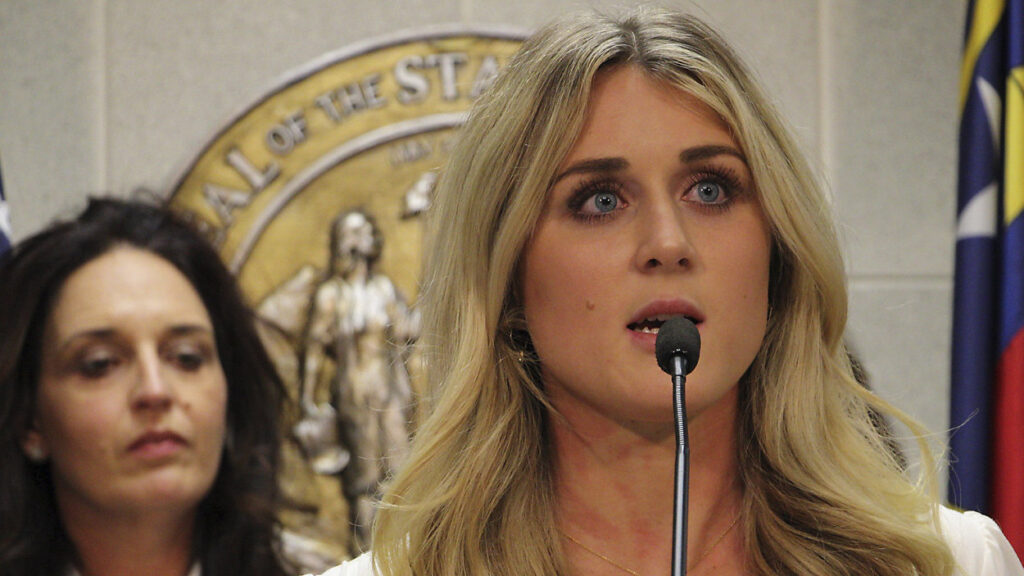On the verge of technological advancement and evolving social media landscapes, Illinois has pioneered a law that recognizes the distinct challenges and opportunities faced by child influencers. Signed into law on August 11th, 2023, this legislation is a result of collaborative efforts between lawmakers, child advocacy groups, and industry stakeholders. The bill was sponsored by Sen. David Koehler after 15-year-old Shreya Nallamothu reached out about the unfair compensation of child internet stars. It will take effect July 1, 2024.
The law acknowledges that child influencers, who often earn substantial incomes through collaborations, endorsements, and partnerships, are still minors requiring legal protection. It aims to strike a balance between safeguarding their earnings and ensuring their overall well-being.

Key Takeaways:
1. Earnings Protection: Perhaps the most pivotal aspect of the law is its provision to protect the earnings of child influencers. Previously, earnings generated by these young creators were often managed by parents or guardians, leading to potential financial vulnerabilities. Under the new legislation, a significant portion of the earnings is mandated to be placed in a trust or dedicated financial account, ensuring financial security for the child’s future.
2. Working Hours and Education: The law places restrictions on the number of hours child influencers can dedicate to content creation, thereby safeguarding their rights to education, leisure, and a healthy lifestyle. This addresses concerns regarding the potential exploitation of child influencers, ensuring that their well-rounded development is not compromised for commercial pursuits.
3. Privacy and Consent: Given the sensitivity of online platforms, the law reinforces the need for parental consent when sharing personal information and images of child influencers. This provision aims to shield children from potential privacy breaches and exploitation.
4. Agency Representation: Recognizing the complexities of contractual agreements, the legislation empowers child influencers by requiring transparency in contracts and allowing for legal representation. This safeguards them from unfavorable terms and ensures that they fully comprehend the implications of their agreements.
5. Enforcement and Penalties: To uphold the integrity of the law, strict enforcement mechanisms are in place. Violations, including non-compliance with trust account regulations and excessive working hours, can result in fines and legal consequences for those responsible.

Keeping Up With Reality:
Illinois’ pioneering legislation has far-reaching implications for the child influencer landscape and beyond. By setting a precedent, this law may encourage other states to adopt similar regulations that prioritize the rights and well-being of young content creators. Additionally, it sends a clear message to industries and brands that ethical collaborations with child influencers are imperative.
Moreover, the law underscores the evolving nature of labor and industry in the digital era. As technology continues to reshape traditional roles, it becomes crucial to establish legal frameworks that reflect the current realities of content creation, especially when children are involved.





One Comment